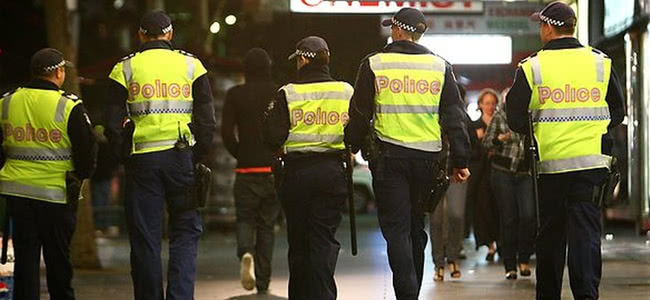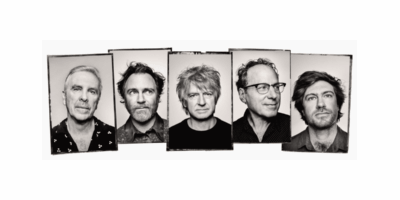Australians love a drink. Millions of tinnies are cracked open each week and for the most part, people enjoy their bevs without incident. But there’s also a dark side to Australia’s passionate relationship with booze.
As the Canberra Times reports, one in eight Australian hospital presentations are related to alcohol abuse and emergency departments in the Australian capital saw a 35-percent increase in intoxication cases between 2013-15.
The rise in intoxication cases was accompanied by a 24-percent increase in alcohol-related injuries, including skull fractures, bleeding to the brain, and even permanent brain injury. The Australian Institute of Criminology estimates alcohol costs Australia $14 billion each year.
Dr David Caldicott, one of Australia’s leading proponents of safer nightlife measures like pill-testing, thinks the numbers of alcohol-related incidents reported by hospitals are greatly underestimated.
“Often intoxicated people have fallen or been beaten up and they get discharged with that code. The reason they are in hospital, which fundamentally is because they are intoxicated, is lost,” he told the Canberra Times.
“If you put it in context, if this was an infectious disease, we’d be out there in our super ET suits looking for the source of this disease and shutting it down.”
Dr Caldicott is part of a team of doctors spearheading a new study that hopes to rectify the gap in data and present a clearer picture of Australia’s drinking problem, where it takes place, and what its impacts are.
Interestingly and perhaps controversially, the study will see eight hospitals recording every patient’s drug and alcohol intake as well as the venues that intoxicated people attended on the night they were presented at each hospital.
The study is set to launch in July and will identify licensed venues that fail to serve punters in a responsible manner. “Hopefully they’ll see it as an opportunity to take helpful feedback and implement changes that will allow their venues to become safer for the patrons,” Dr Caldicott said.
Whilst he admitted that most venues practice responsible alcohol service, there are “one or two that could be concerned, that are frequently associated with problems that end up in the emergency department”.
[include_post id=”472837″]
“This will tell us information that we can feed back to policy makers,” said Dr Peter Miller, chief investigator for the study and professor at Melbourne’s Deakin University.
“It’s not just a data collection exercise, it is very much an intervention trial and the results overseas have been very compelling in the reduction you get in assaults and alcohol related injuries. Every brain injury costs us $12 million, so if this project prevents even one injury, it is well worth it.”
As Tone Deaf previously reported, a study conducted in Australia showed that activities such as watching a live band performing actually has the effect of decreasing aggression in drinkers, resulting in fewer cases of alcohol-fuelled violence.

































